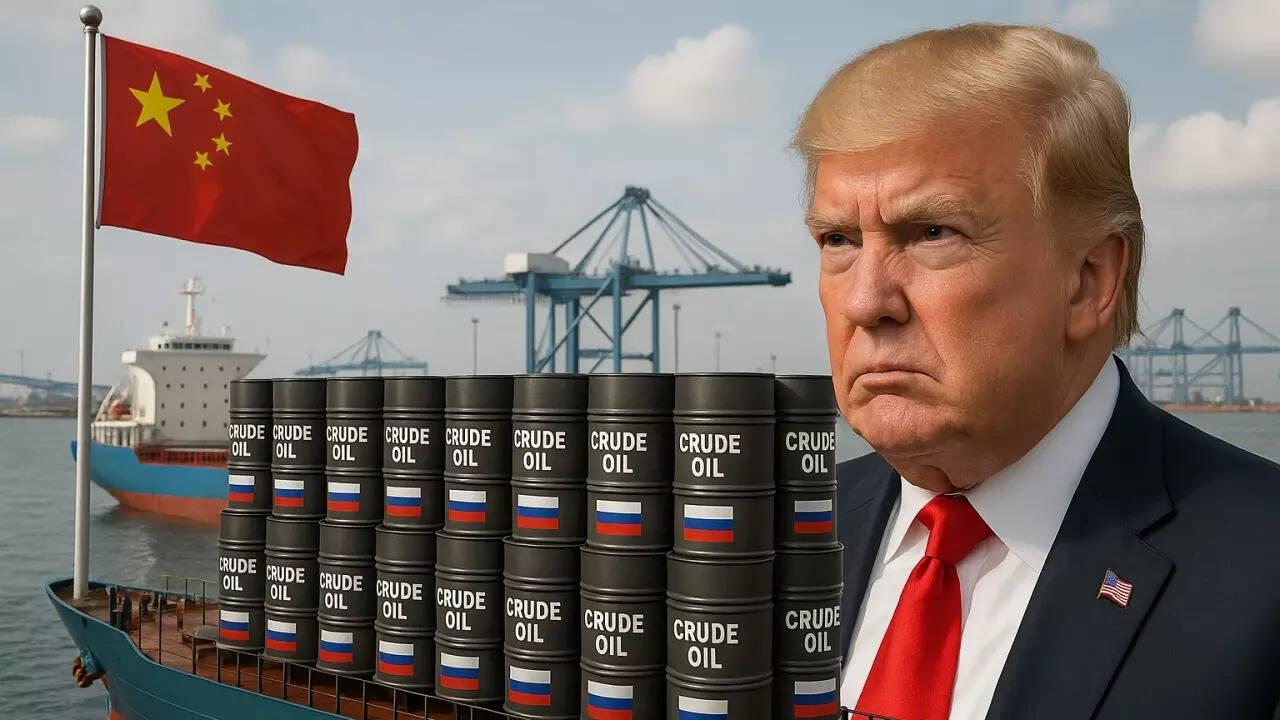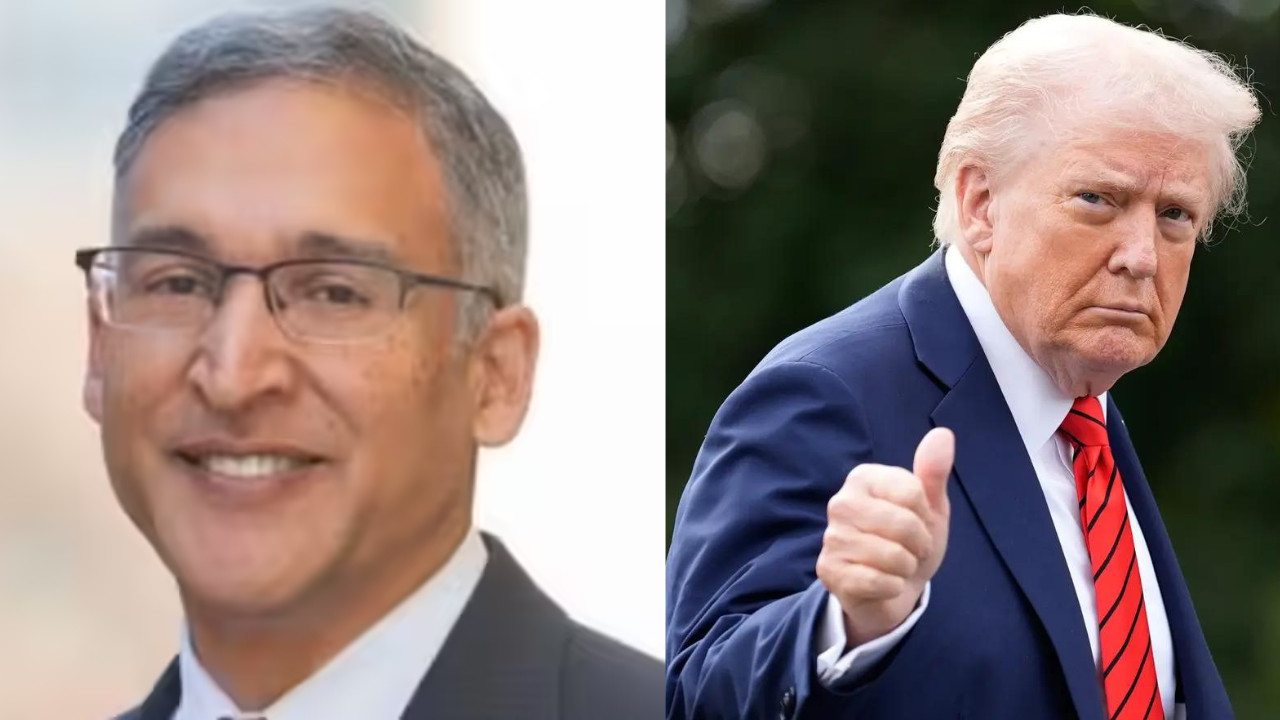Donald Trump is considering tariffs on China for Russian oil imports. This follows a 25% tariff imposed on India for similar purchases. Vice President J D Vance notes the US-China relationship is complex.
Navigating the New World Order: Is China’s Balancing Act About to Topple?
The global economic landscape is starting to resemble a high-stakes game of Jenga. One wrong move, one ill-considered tariff, and the whole thing could come crashing down. Recent rumblings from Washington suggest that China’s intricate dance on the international stage, particularly its relationship with both India and Russia, is being watched with increasingly skeptical eyes. The question on everyone’s mind: is the U.S. about to pull another block, potentially triggering a cascade of consequences?
The initial tremor was the imposition of tariffs on certain Indian goods – a move that, while seemingly isolated, hints at a broader strategy of economic pressure being applied by the U.S. But the bigger concern, the elephant in the room, is China’s continued economic engagement with Russia, particularly in the energy sector. Are these seemingly disparate events connected? Might we be witnessing the opening act of a new phase of economic and geopolitical maneuvering?
Senator JD Vance, a prominent voice on U.S. foreign policy, has openly questioned the wisdom of allowing China to effectively subsidize Russia’s war effort through energy purchases. His argument is straightforward: by continuing to buy Russian oil, China is providing a vital lifeline to the Russian economy, enabling it to sustain its military operations in Ukraine. This, in Vance’s view, directly contradicts U.S. interests and demands a strong response.

China’s Economic Tightrope Walk
China finds itself in a tricky position. On one hand, it seeks to maintain its economic growth and global influence, requiring stable relationships with key players like Russia, a major energy supplier, and India, a massive consumer market. On the other hand, it needs to avoid alienating the U.S., its largest trading partner, and risking further economic sanctions or tariffs. It’s a balancing act that requires careful diplomacy and strategic maneuvering.
The situation is further complicated by the fact that China also needs critical commodities. Their continued economic success is predicated on access to raw materials and energy. Cutting off ties to Russia would be a significant blow to the Chinese economy.
Will Trump Impose Additional Duties?
The million-dollar question, of course, is whether a potential return of Donald Trump to the White House would trigger a new wave of tariffs on Chinese goods. Trump’s previous administration was known for its aggressive trade policies, and he has not shied away from criticizing China’s economic practices. Should he win the upcoming election, it’s not unreasonable to anticipate further measures aimed at curbing China’s economic influence.
The specific grounds for such tariffs could be varied. They could be linked to China’s trade practices, its human rights record, or, most relevantly in this context, its support for Russia. The imposition of additional duties could have a significant impact on the global economy, potentially leading to higher prices for consumers, disruptions in supply chains, and increased geopolitical tensions. It’s a scenario that businesses and policymakers alike are closely monitoring.
India Caught in the Crossfire?
While the primary focus is on China, India’s position is also noteworthy. The recent tariffs on Indian goods demonstrate that the U.S. is willing to use economic leverage to achieve its strategic goals, even with countries that are generally considered allies. This suggests a more assertive approach to trade relations, where even friendly nations are not immune to scrutiny and potential penalties. India’s growing economic power and its own complex relationship with both China and Russia place it in a unique, and potentially vulnerable, position.
Consider reading also about how global supply chains are changing and the impact that this has on international trade.
The implications of these developments are far-reaching. The global economy is already facing numerous challenges, including inflation, supply chain disruptions, and geopolitical instability. Any escalation in trade tensions between the U.S. and China could exacerbate these problems, leading to a period of increased uncertainty and volatility.
The Road Ahead: Navigating a Shifting Landscape
Ultimately, the future of U.S.-China relations, and their impact on the global economy, remains uncertain. However, one thing is clear: the world is entering a new era of economic competition and geopolitical maneuvering. Businesses and policymakers must be prepared to adapt to this rapidly changing landscape, anticipate potential risks, and develop strategies to navigate the challenges ahead. China’s every move will be scrutinized, and the decisions made in Washington and Beijing will shape the global order for years to come.







